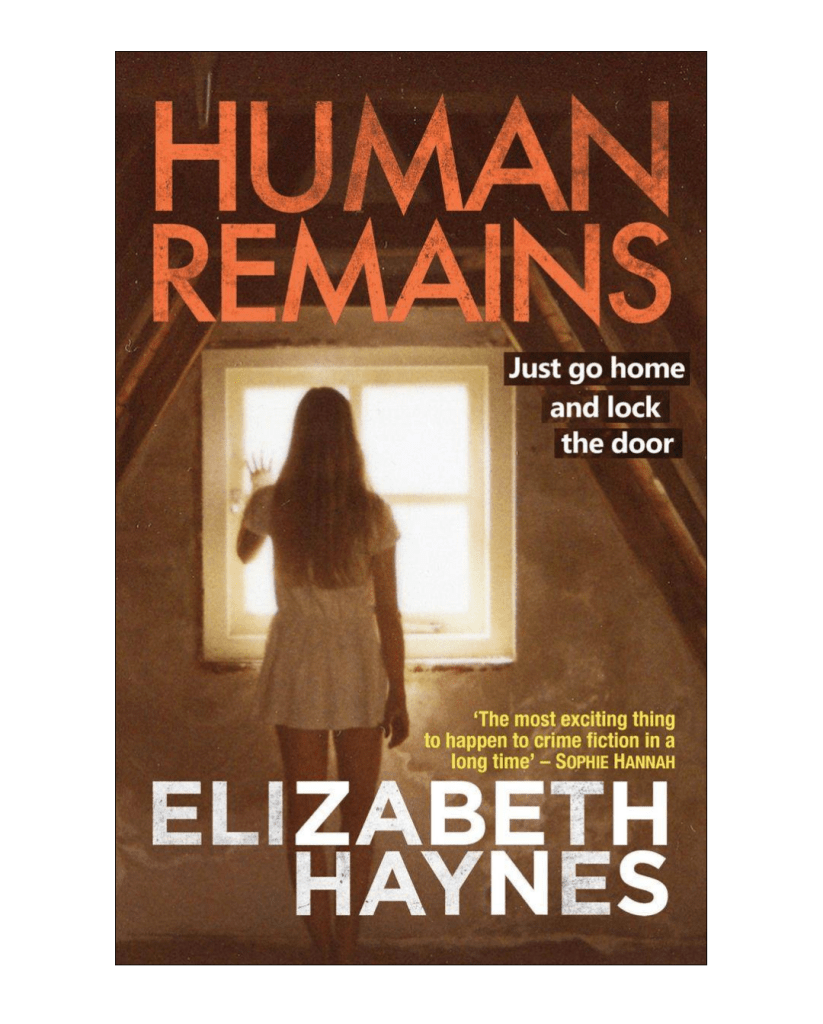“If people stop looking at you, do you cease to exist? Does it mean you’re not a person anymore? Does it mean you’re already dead?”
Annabel is a police analyst who has discovered her neighbour’s decomposing body in the house next door. She can’t believe that no-one, including her, made the discovery sooner.
In trying to figure out what happened she finds data showing an increasingly high number of decomposing remains have been found in the town over the last year. Their deaths appear to be from natural causes, yet they are all found long afterwards. They are not being murdered, so what is happening to these people? Have they all just given up on life? Annabel decides to find out.
“Nobody can see pain. They have no frame of reference for pain that’s happening to someone else. They can only see inactivity – which they interpret as laziness.”
Colin is…well, Colin is difficult to explain. He is a man with few friends and some “interesting”, although that doesn’t seem the appropriate way to describe them, obsessions and compulsions including an interest in the girlfriend of his best (only?) friend.
“You never realise what loneliness is until it creeps up on you – like a disease, it is something that happens to you gradually. And of course the alcohol doesn’t help: you drink it to forget about how shit it is living like that, and then when you stop drinking everything looks a hell of a lot worse. So you keep drinking to try and blot it all out.”
Interspersed throughout are poignant snippets of the “victims” lives where we learn why each of them wanted to die.
I don’t want to say too much else about the plot. Not because it’s some big whodunit, it is obvious pretty early on who is involved, but watching the events slowly (and this is a slow paced novel) unfold from both Annabel and Colin’s perspective adds to the atmosphere of Human Remains.
This isn’t your standard crime novel. It is a disturbing, gruesome, frightening and thought-provoking psychological thriller that will stay with you.
Haynes has created a story that could happen anywhere, at any time and makes you think about loneliness, death and the power of the mind in ways you might not have before.
Terrifying doesn’t even begin to cover it. My skin is still crawling even thinking about it.
I have one piece of advice; don’t read this book late at night, especially if you’re home alone. It will either keep you awake or you’ll spend ages turning on all the lights and double checking that all your doors and windows are locked.
